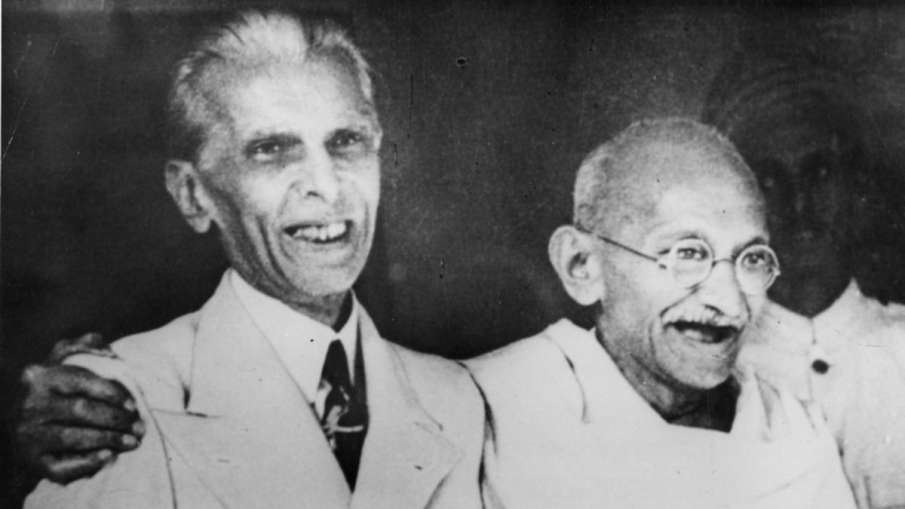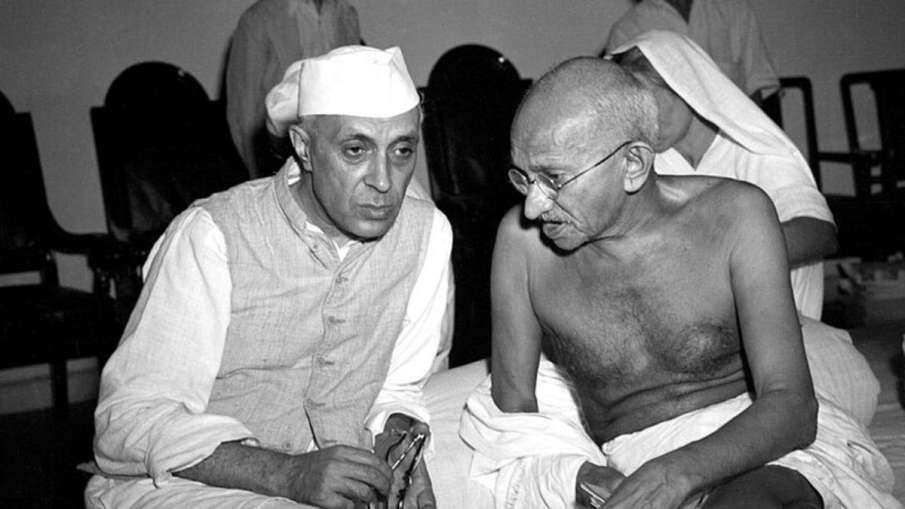When Jinnah fought Tilak’s case against the British in court, know what was decided
Bal Gangadhar Tilak.
Bal Gangadhar Tilak Death Anniversary: There were many occasions in India’s freedom struggle when the heroes supported each other and fought fiercely in front of the British rule. There was one such incident when Muhammad Ali Jinnah defended Lokmanya Bal Gangadhar Tilak in court. It is seen as a unique event in the freedom struggle of the country because while Tilak on one hand connected public events like Ganpati Utsav and Shivaji Jayanti with the society, on the other hand Jinnah later played an important role in the creation of Pakistan. Today we are telling you about some important things related to the life of Bal Gangadhar Tilak.
Tilak was born in Ratnagiri, Maharashtra
Bal Gangadhar Tilak, also known as ‘Lokmanya’ Tilak, was born on 23 July 1856 in Ratnagiri, Maharashtra. He contributed significantly to the creation of modern India as a teacher, journalist, freedom fighter and social reformer. His famous slogan ‘Swaraj is my birthright, and I will be with it’ At that time every Indian became a spark of freedom in the heart of every Indian. Tilak established the Deccan Education Society in 1880 and started Ferguson College, so that Indian youth get nationalist education. He openly criticized the policies of British rule through ‘Kesari’ (Marathi) and ‘Maratha’ (English) newspapers.

Mohammad Ali Jinnah and Mahatma Gandhi.
When Jinnah fought Tilak’s trial
In 1908, Tilak was arrested by the British government in the accusation of treason for his articles printed in ‘Kesari’. In these articles, Tilak supported the bomb attack of revolutionaries like Khudiram Bose and Prafulla Chaki. He was sentenced to 6 years and sent to Mandley Jail in Burma (now Myanmar). In this case, a young lawyer Muhammad Ali Jinnah strongly defended Tilak against British rule. Jinnah, who was then a member of the Indian National Congress, argued in favor of Tilak and opposed the arbitrariness of the British court. Despite Jinnah’s vigorous advocate, the British court sentenced Tilak in the case.
Although Jinnah could not save Tilak from punishment, Tilak and his relationship started after that. In 1916, Tilak and Jinnah jointly got the Lucknow agreement, under which the Congress and the Muslim League united and demanded Swaraj. This agreement was a symbol of Hindu-Muslim unity and proved to be an important stage in the freedom struggle.

Tilak also had good relationships with Gandhi and Nehru.
How were Tilak and Gandhi’s relationship?
Tilak and Mahatma Gandhi had deep respect in the relationship, but their ways were different. Tilak was in favor of fierce nationalism and believed in adopting an aggressive path for Swaraj. On the other hand, Gandhi followed the path of non -violence and Satyagraha. Gandhi called Tilak a ‘creator of modern India’ and paid tribute to him at his death. Tilak established the Home Rule League in 1916, which prepared the land of Gandhi’s non -cooperation movement. Although Tilak died on 1 August 1920, his views inspired Gandhi.
Nehru was very impressed with Tilak in the beginning
Jawaharlal Nehru called Tilak the ‘father of Indian revolution’. Nehru was young at the time when Tilak was leading the freedom struggle. Tilak’s fierce nationalism and public awareness methods influenced young leaders like Nehru. Although Nehru later came closer to Gandhi’s non -violent approach, Tilak’s impunity and Swaraj’s demand shaped his views. Tilak converted public events like Ganpati Utsav and Shivaji Jayanti into a social and political platform, which raised a sense of unity and nationalism in the society. Tilak opposed casteism and untouchability and emphasized social reforms.
Latest india news

